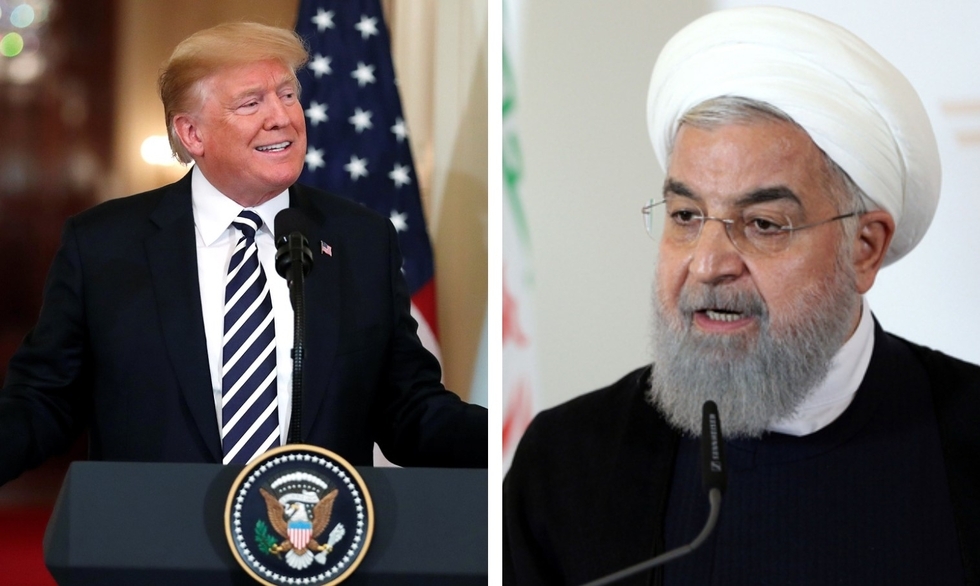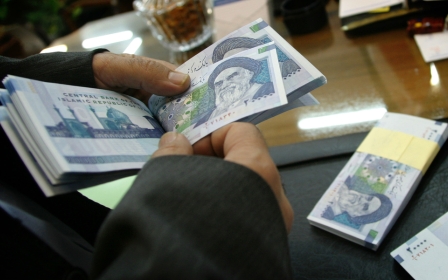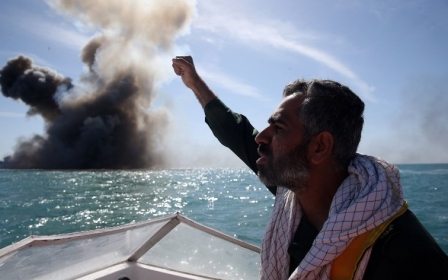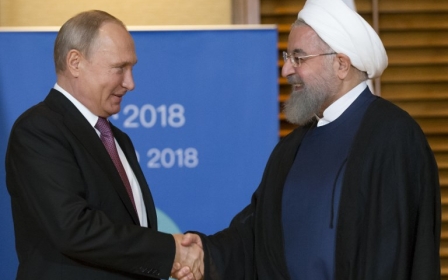Trump: I'm willing to meet Iran's leaders without any preconditions

Hours after US President Donald Trump said he would meet with Iranian leaders without preconditions on Monday, an aide of Iran's president, Hassan Rouhani, said Washington should return to the nuclear deal before any potential talks.
"Respecting the Iranian nation's rights, reducing hostilities and returning to the nuclear deal are steps that can be taken to pave the bumpy road of talks between Iran and America," tweeted Hamid Aboutalebi, an adviser to Rouhani.
In May, Trump withdrew Washington from the nuclear accord, under which Iran drastically scaled back its nuclear programme in exchange for the lifting of economic sanctions. The US unilaterally withdrew from the agreement, which included other major world powers, including Germany, France, the UK, Russia and China.
After a meeting with Italian Prime Minister Giuseppe Conte at the White House on Monday, the US president expressed his willingness to reopen negotiations with Iran in an unusually soft tone.
"Speaking to other people, especially when you are talking about potentials of war and death, and famine and lots of other things, you meet. There is nothing wrong with meeting," he said.
Earlier this month, Trump sent a late-night, all-caps tweet threatening Rouhani with "consequences the likes of which few throughout history have ever suffered before".
Trump had hurled insults at North Korea's leader Kim Jong-un before meeting him in June. The summit resulted in a vague agreement on the "denuclearisation of the Korean peninsula".
Christopher Hill, a former lead US negotiator with Pyongyang, told MEE at the time that the statement - after the talks - could not be called an agreement.
"It is ironic to see an arrangement with North Korea - I can't really call it a deal - held up as a great success, when in fact it has far fewer elements and a lot less specificity than the Iranian deal," said Hill, who is also chief adviser to the chancellor in global engagement at the University of Denver.
New MEE newsletter: Jerusalem Dispatch
Sign up to get the latest insights and analysis on Israel-Palestine, alongside Turkey Unpacked and other MEE newsletters
Middle East Eye delivers independent and unrivalled coverage and analysis of the Middle East, North Africa and beyond. To learn more about republishing this content and the associated fees, please fill out this form. More about MEE can be found here.




